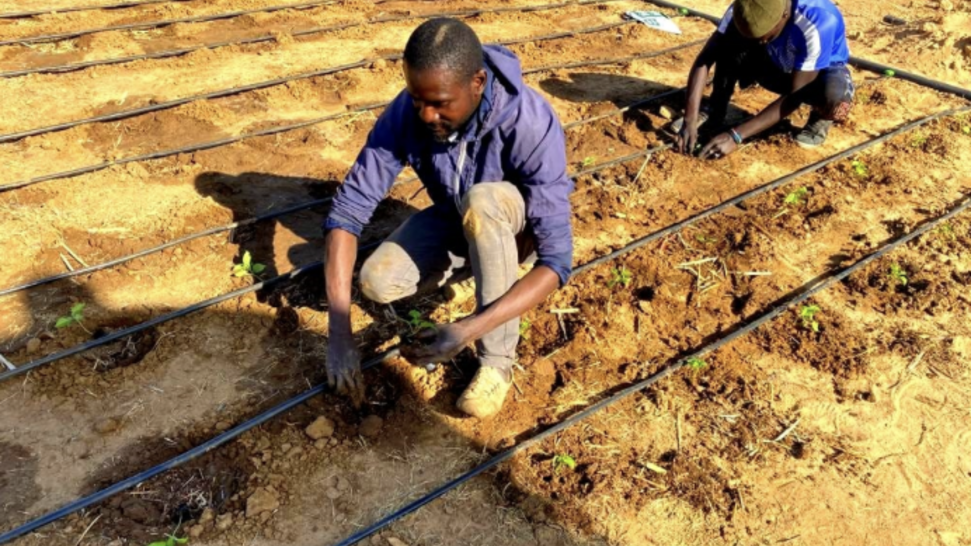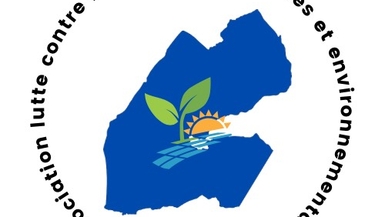Campaign Status
Ongoing Offline: The campaign is currently ongoing offline and, thus still in the process of collecting funds.
Summary
The campaign aims to create three agro-ecological gardens, allowing for the development of 6 hectares to reforest 900 fruit trees and another 6 hectares for an eco-responsible village.
Challenge
A significant portion of the forests and soils in Mauritanian forest areas, especially in Guidimakha, is depleted due to intensive agriculture, the use of synthetic chemical fertilizers, systematic tree felling for charcoal production, and the encroachment of the desert. This context is marked by conflicts and ongoing struggles between farmers and livestock breeders, who exploit uncontrolled and problematic intensive pastures in an effort to maintain their food sovereignty. Consequently, there is an intensified and accelerated degradation of the region's plant and forest ecosystems, exacerbated by the absence of policies to safeguard the ecological heritage of local communities. This has led to diminishing cultivable areas, a continuous decline in plant and forest cover, resulting in soil degradation, and a significant reduction in natural resources and local food sovereignty.
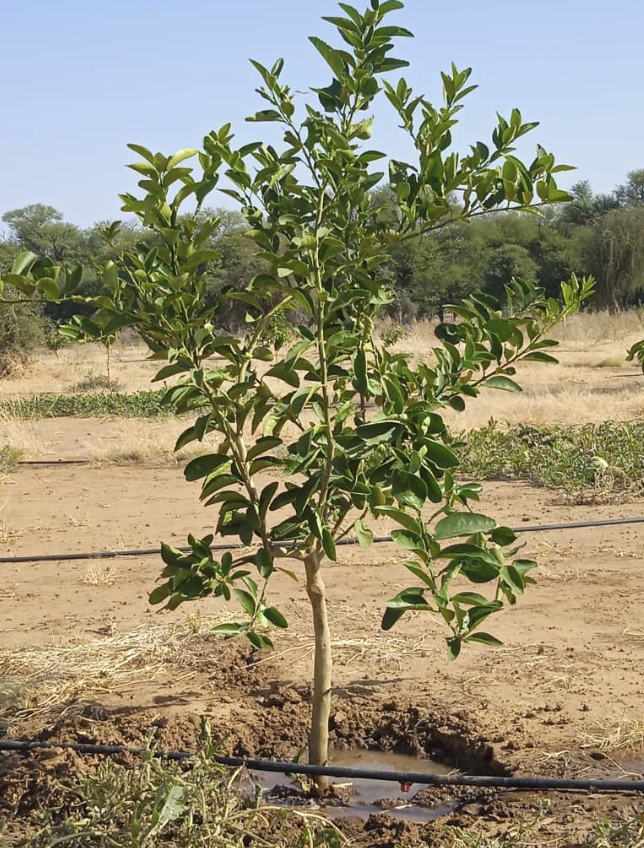
Solution
The project revolves around establishing a network of agro-ecological gardens to promote sustainable agriculture, with the objective of creating approximately fifty such spaces across three departments within the Guidimakha region. The primary goal is to enhance food sovereignty for local populations at both the regional and national levels. Additionally, the project seeks to foster an eco-responsible national synergy that respects nature and the environment. This will be achieved through the systematic cultivation of agro-ecological practices among grassroots farmers, encouraging the development of reforestation areas and ecological agricultural spaces.
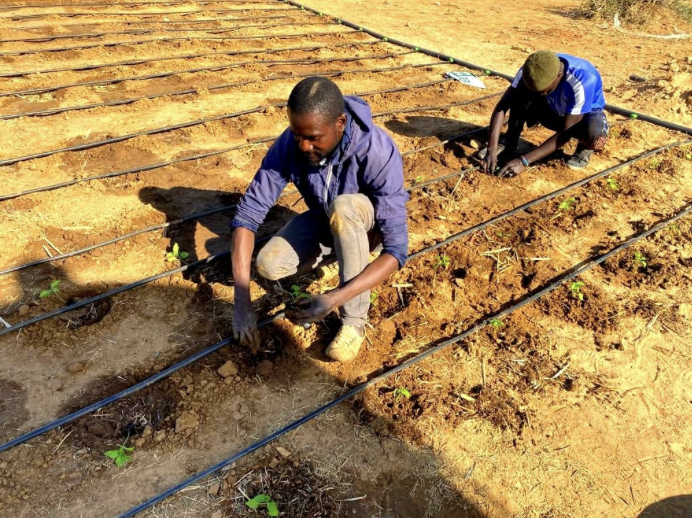
The establishment of a network of agroecological gardens for sustainable agriculture and local food sovereignty is poised to catalyze a paradigm shift among grassroots farmers. This initiative will instigate a transformation in their perspectives and mentalities, steering them away from habits and actions detrimental to village ecosystems in the challenging context of a desert environment where combating the effects of global warming is imperative. Local farmers will undergo comprehensive training and receive support in environmentally friendly farming techniques, aimed at preserving soils and forests at the village, departmental, and regional levels. Ultimately, they will integrate cash crop agriculture with systematic reforestation efforts to fortify and rejuvenate exploited lands.
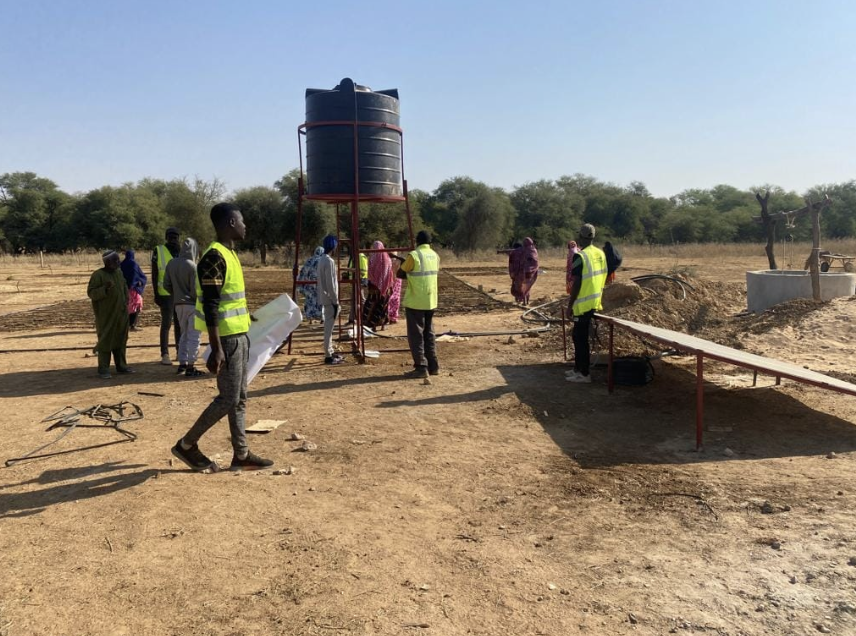
The project pursues a dual objective: establishing a network of agro-ecological gardens, each spanning a minimum of 4 hectares, and significantly enhancing regional food sovereignty. In its initial phase, the project will create three agro-ecological gardens across three distinct villages. These gardens, split into two equal sections, one dedicated to the reforestation of 300 trees per garden and the other to the agricultural production of village cooperatives, will bolster 6 hectares of plant and forest cover.
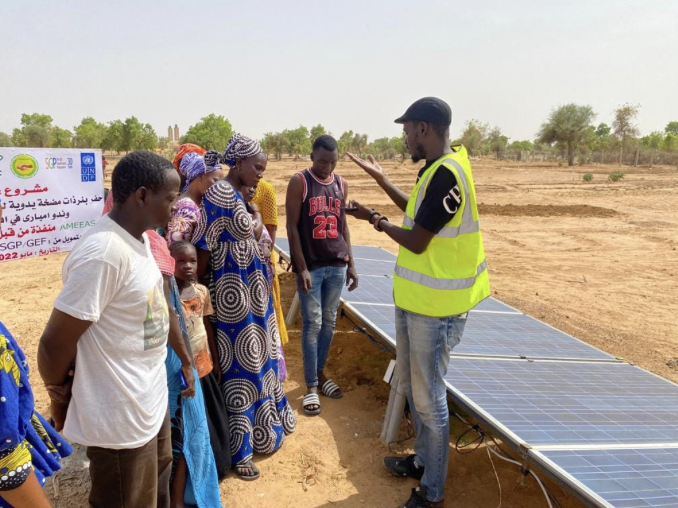
This includes 900 fruit trees tailored for local consumption and 6 hectares of eco-responsible village agriculture, incorporating organic fertilizer in lieu of the chemical counterpart predominantly used by the target populations. The objective is to amplify village agricultural production by 40%. Subsequently, the project aims to expand to approximately a hundred agro-ecological gardens, followed by an additional 500 spaces in the targeted and surrounding regions.

